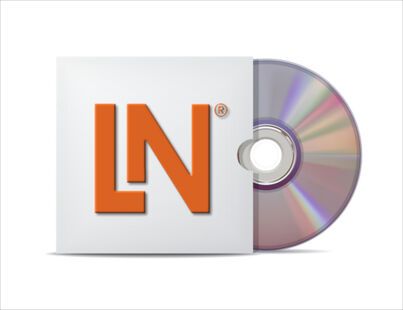Interactive Lab Assistant: GDI with demand regulated fuel pump

The ILA course covering gasoline direct injection engines with demand-controlled pumps in conjunction with the corresponding training system from the "Modular engine management" area make for a perfect symbiosis between theory and practice. The strictly logical structure stimulates the natural interest of students and enables them to understand a complex engine management system without difficulty. This relies on numerous animations, forming a digitised representation of a complete common rail engine. This gives trainees the opportunity to learn of the purpose and operating principles of sensors and actuators from a totally new perspective.
In modern vehicles with direct injection petrol engines, so-called fuel-on-demand pre-supply pumps for fuel are used to boost engine efficiency. These are regulated in such a way that only the precise amount of fuel required is supplied to the high-pressure pump. This way of pumping fuel, with the design involving this kind of in-tank module, is explained in detail by the course and further deepened by subsequent experiments. The design and function of the module are explained by means of high-quality animations on a visual level which is highly intuitive and fascinating. One particularly special feature is an interactive animation of the level detection sensor systems for the module, whereby the animation and the actual hardware are in direct communication. If the tank sensor for the module moves, trainees can see the changes in real time on their screens.
The course also describes operation of the hardware and how to perform the multitude of experiments in an interactive way, which also leads to preparation time for the experiments being greatly minimised. This is especially the case since all the instruments (e.g. an oscilloscope or voltmeters) are fully integrated into the course itself. It means that trainees get more time to concentrate on what is actually important and their efficiency is tangibly improved. Thanks to the careful selection of theoretical content, the background covers all the key topics essential to understanding and development of diagnostic skills.
To round off the overall package, there are also specific tests for each section of the course in order to monitor the progress of each and every student individually. This means that students themselves, and their instructors, can get feedback about their current level of knowledge at any time.